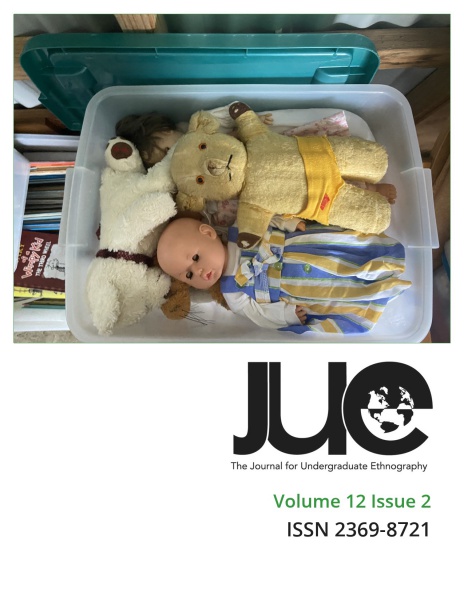When Facts Falter: Practicing Reflexive Ethnography When Co-Constructing the Identity of Syrian Refugee Women
DOI:
https://doi.org/10.15273/jue.v12i2.11410Abstract
Recent studies suggest that refugee women are more vulnerable to culture shock than men due to the ongoing process of negotiating one‘s social and cultural identity; however, few studies have been conducted to further explore this phenomenon. In this study, I provide new insight into the experiences of Syrian refugee women resettling in the United States by highlighting the moments of hesitation involved in their identity negotiation. Using a reflexive ethnographic approach, I draw on my participant observations and informal interviews to ask, “What does it mean to be both a mother and a provider?” Ultimately, I argue that the new roles my interlocutors take up do not reflect what American women have, what their families value, or even what their friends hope for them. Instead, the Syrian women construct their new identities on their own terms given their unique concerns, hopes, and perspectives, and by relying on a reflexive methodological approach, I can begin to describe the changing women‘s roles within the St. Louis Syrian refugee community.Downloads
Published
2022-07-06
Issue
Section
Articles


